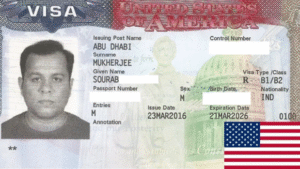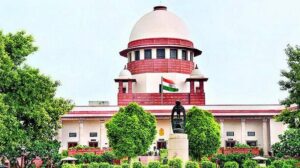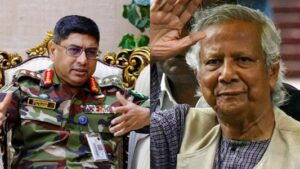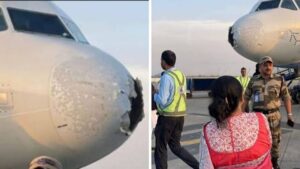Explore the recent tragic school bus attack in Balochistan, Pakistan, where a suicide bombing claimed the lives of children and adults. Delve into Pakistan’s accusations against India and the ensuing international reactions. Stay informed on this developing story of terrorism and geopolitical tensions.
Introduction
On May 21, 2025, a horrific attack shook the Khuzdar district in Balochistan, Pakistan, targeting a school bus filled with children. This incident has not only resulted in tragic loss of life but has also intensified the already tense relations between Pakistan and India. In this blog post, we explore the details of the attack, Pakistan’s accusations against India, and the responses from India and the international community. For millennials and Gen Z, this story is a call to understand the complexities of global conflicts and advocate for peace.
The Attack Unfolds
What Happened?

In the early hours of May 21, 2025, a school bus carrying children to an army public school in Khuzdar, Balochistan, was attacked. Reports indicate that a suicide bomber drove a vehicle into the bus and detonated explosives, causing a devastating explosion . The attack occurred in a region plagued by a decades-long insurgency, where groups like the Baloch Liberation Army (BLA) have targeted civilians and security forces.
Casualties and Impact
The attack claimed the lives of three children—Hifsa Kausar (12), Esha Saleem (16), and Sania Somroo (12)—along with the bus driver and a security guard. Dozens of others, primarily children, sustained critical injuries, with fears that the death toll could rise due to the severity of the explosion. The targeting of a school bus has sparked outrage, highlighting the vulnerability of civilians in conflict zones.
| Category | Number |
|---|---|
| Children | 3 |
| Adults | 2 |
| Injured | 12 |
Table 1: Casualties of the School Bus Attack
Pakistan Points Fingers at India
Official Statements
Following the attack, Pakistani authorities, including the military and Prime Minister Shehbaz Sharif, accused India of orchestrating the bombing through “Indian terror proxies”. Sharif condemned the attack as an act of “terrorists working under Indian patronage” and vowed to hunt down those responsible. Balochistan’s government spokesperson, Shahid Rind, labeled it “Indian state-sponsored terrorism.”
Historical Context
These accusations are set against a backdrop of longstanding India-Pakistan tensions, particularly over the disputed region of Kashmir. Recent conflicts, including a militant attack in Indian-administered Kashmir in April 2025 and a subsequent ceasefire on May 10, have kept relations strained. Pakistan has frequently accused India of supporting insurgent groups in Balochistan, though no evidence has been presented to substantiate these claims in this instance.
India’s Denial and Global Reactions
India’s Response
India swiftly rejected Pakistan’s allegations, calling them “baseless” and accusing Pakistan of deflecting attention from its own internal issues and its reputation as a “global epicentre of terrorism”. The Indian Ministry of External Affairs, through spokesperson Randhir Jaiswal, expressed condolences for the victims while dismissing Pakistan’s claims as an attempt to “hoodwink the world.”
International Condemnation
The attack drew widespread condemnation from international bodies. UNICEF described it as a “horrific” act, emphasizing that “children are not, and must never be, targets of violence”. The US Embassy in Islamabad condemned the “brutal, unconscionable attack” and expressed solidarity with Pakistan in combating terrorism. Balochistan’s Chief Minister Sarfraz Bugti also condemned the attack, ensuring that the critically injured were airlifted to Quetta for treatment.
| Entity | Response |
|---|---|
| UNICEF | Condemned the attack as “horrific,” stressing children must not be targeted. |
| US Embassy, Islamabad | Denounced the attack as “brutal” and expressed solidarity with Pakistan. |
| Indian Ministry of External Affairs | Rejected Pakistan’s allegations, called them baseless. |
Table 2: International Reactions to the Attack
Conclusion
The school bus attack in Balochistan is a tragic reminder of the ongoing violence in the region and the complex dynamics of India-Pakistan relations. While Pakistan accuses India of orchestrating the attack, the lack of evidence and India’s firm denial leave the truth uncertain. For millennials and Gen Z, this incident is a call to engage with global issues, advocate for peace, and demand accountability in conflict zones. Stay informed, share your thoughts, and let’s work toward a world where children can attend school without fear.








